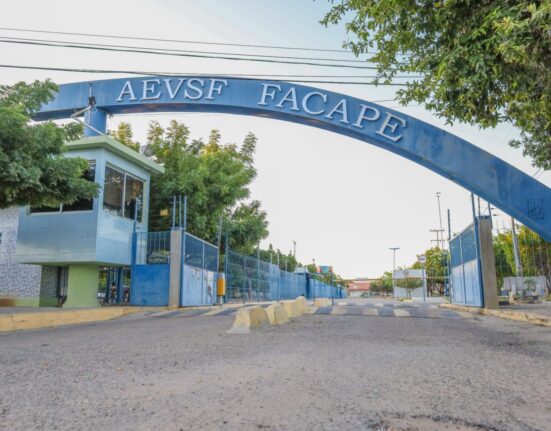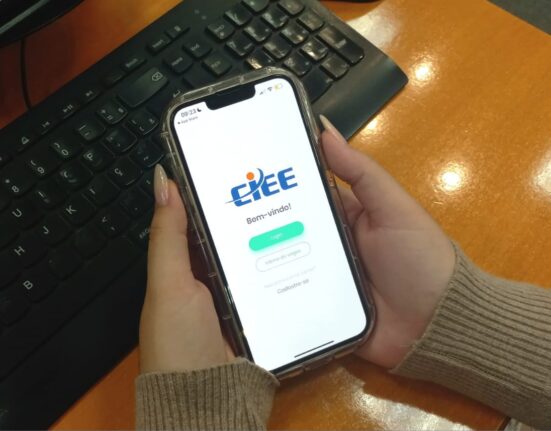In a world where connectivity is key, the push to extend internet services to rural areas has sparked both enthusiasm and debate. The recent move in the House of Representatives to bring “free” internet services to designated public places and underserved rural communities has ignited a flurry of discussions. Championed by Abubakar Yahaya Kusada from the APC Kankia/Ingawa/Kusada Federal Constituency in Katsina State, the proposed Bill aims to lay the groundwork for bridging the digital divide and ensuring that even remote areas have access to the vast resources of the web.
The idea of spreading internet services to rural regions is not merely about convenience or entertainment; it’s about empowering communities with information, opportunities, and connectivity to the wider world. While the objectives of the Bill are undeniably beneficial, controversy has surrounded the proposed extension. Critics argue about the feasibility, sustainability, and potential misuse of such initiatives, raising valid concerns about the implementation and long-term impact.
The internet is no longer a luxury but a necessity, essential for education, economic growth, and social development. Bringing web services to rural areas can be a game-changer in leveling the playing field and fostering inclusive progress.
Access to the internet opens up a world of possibilities for rural residents, from online education and telemedicine to e-commerce and communication. Imagine a farmer in a remote village being able to access weather forecasts, market prices, and agricultural best practices at the touch of a button. Or a student in a small town gaining access to online courses and educational resources that were previously out of reach. These scenarios exemplify the transformative potential of extending web services beyond urban centers.
However, the road to universal internet access is not without obstacles. Infrastructure challenges, such as limited connectivity and outdated technology, pose significant barriers to implementing widespread internet services in rural areas. Additionally, issues of affordability, digital literacy, and data privacy must be carefully considered to ensure that the benefits of connectivity outweigh the risks.
While the digital divide persists, efforts to extend web services to underserved communities must be accompanied by comprehensive strategies that address infrastructure, affordability, and education to truly close the gap.
Experts emphasize the need for a multi-faceted approach that combines infrastructure development, policy support, and community engagement to effectively bring internet services to rural areas. Collaborations between government, private sector stakeholders, and local organizations are essential to creating sustainable solutions that cater to the specific needs of each community.
Furthermore, the implications of extending web services to rural areas extend far beyond immediate connectivity. The digital transformation of remote regions can stimulate economic growth, empower marginalized populations, and drive innovation at the grassroots level. By fostering a digital ecosystem in rural areas, governments can unlock the untapped potential of these communities and pave the way for inclusive development.
Empowering rural communities with internet access is not just about connectivity; it’s about unlocking opportunities, fostering innovation, and building a more equitable society where every individual has the chance to thrive.
As we navigate the complexities of bridging the digital divide, it is crucial to remember that the benefits of extending web services to rural areas far outweigh the challenges. By investing in inclusive connectivity, we can create a more resilient, informed, and interconnected society where no one is left behind. The journey towards universal internet access may be fraught with obstacles, but the destination promises a future where access to information is not a privilege but a fundamental right for all.









Leave feedback about this